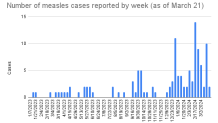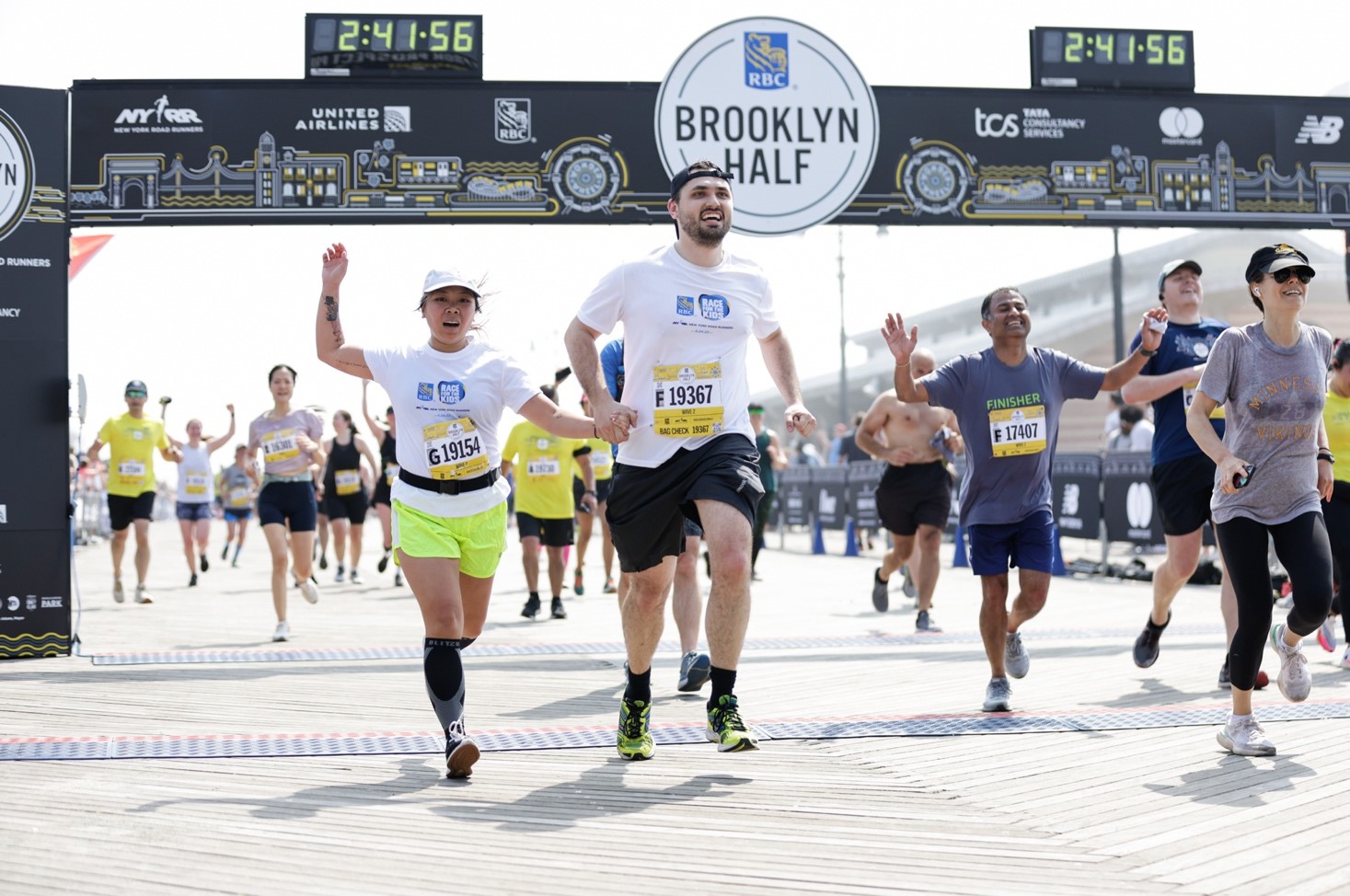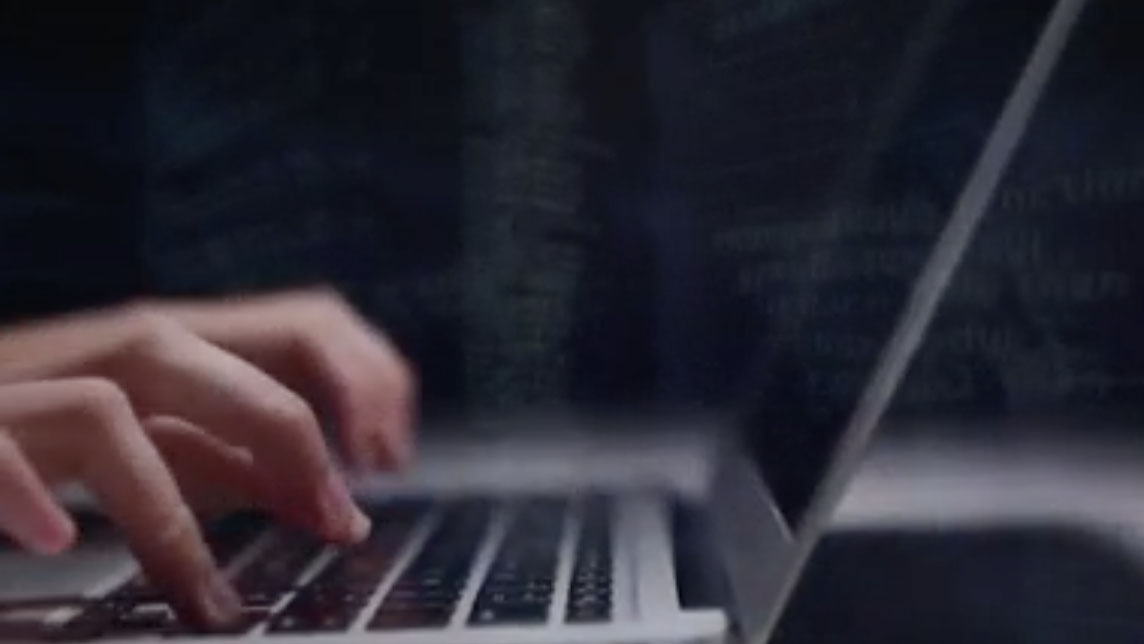What to Know
- The U.S. has already confirmed more measles cases this year than it did all of last year; NYC, New Jersey and Long Island have reported cases, and the CDC has issued a national warning
- Unvaccinated people have a 90% chance of becoming infected if exposed. Measles is spread by direct contact with nasal or throat secretions of infected people
- People first develop a fever, then may have a cough, runny nose and watery eyes, followed by a rash. They are considered infectious from four days before the rash appears to four days after it appears
The New York State Department of Health is investigating a confirmed case of measles -- a highly contagious, viral respiratory disease that prompted a CDC warning last week -- on Long Island, Nassau County health officials said.
Health officials say the case involves an unvaccinated child who tested positive for measles at Cohen Children's Medical Center last week. Anyone who was in the ER department's waiting room and treatment area in New Hyde Park from 6:45 p.m. Wednesday, March 20, to 3:30 p.m. Thursday, March 21, may have been exposed, officials said.
Unvaccinated people have a 90% chance of becoming infected if exposed. Measles is spread by direct contact with nasal or throat secretions of infected people.
Get Tri-state area news and weather forecasts to your inbox. Sign up for NBC New York newsletters.
“Nassau County Department of Health is closely investigating potential exposures and taking the necessary proactive steps to prevent the spread of measles,” said Health Commissioner Dr. Irina Gelman. "We strongly encourage all residents to protect their health by ensuring they are up-to-date on important, lifesaving immunizations."
Anyone concerned they may have been exposed is advised to contact their healthcare provider, a local emergency department or a local clinic before going for care to reduce further exposure risk.
People first develop a fever, then may have a cough, runny nose and watery eyes, followed by a rash. They are considered infectious from four days before the rash appears to four days after it appears. Symptoms usually appear 10 to 12 days after exposure, but may appear as early as seven days and as late as 21 days after exposure.
Local
A total of 64 measles cases have been reported in the United States this year, according to the latest CDC numbers. Those include cases in New York City and New Jersey. There were 58 confirmed measles cases in the U.S. last year.
The CDC issued a warning last week about the increase: In three months, we've surpassed the total from 2023.

The single best way to prevent measles is to be vaccinated. Individuals should receive two doses of MMR vaccine to be fully protected. In New York State, measles immunization is required of children enrolled in schools, daycare, and pre-kindergarten. Since August 1990, college students have also been required to demonstrate immunity against measles.
People are considered protected or immune to measles if they were born before 1957, have received two doses of measles, mumps, rubella (MMR) vaccine, have had measles disease, or have a lab test confirming immunity.
Preventive treatment for measles is recommended for those without evidence of immunity as follows: MMR vaccine can be given to eligible exposed individuals within 72 hours of exposure or immune globulin can be administered within six days of exposure.
For additional information about measles, visit the New York Department of Health website here. Learn more about the vaccine here.



